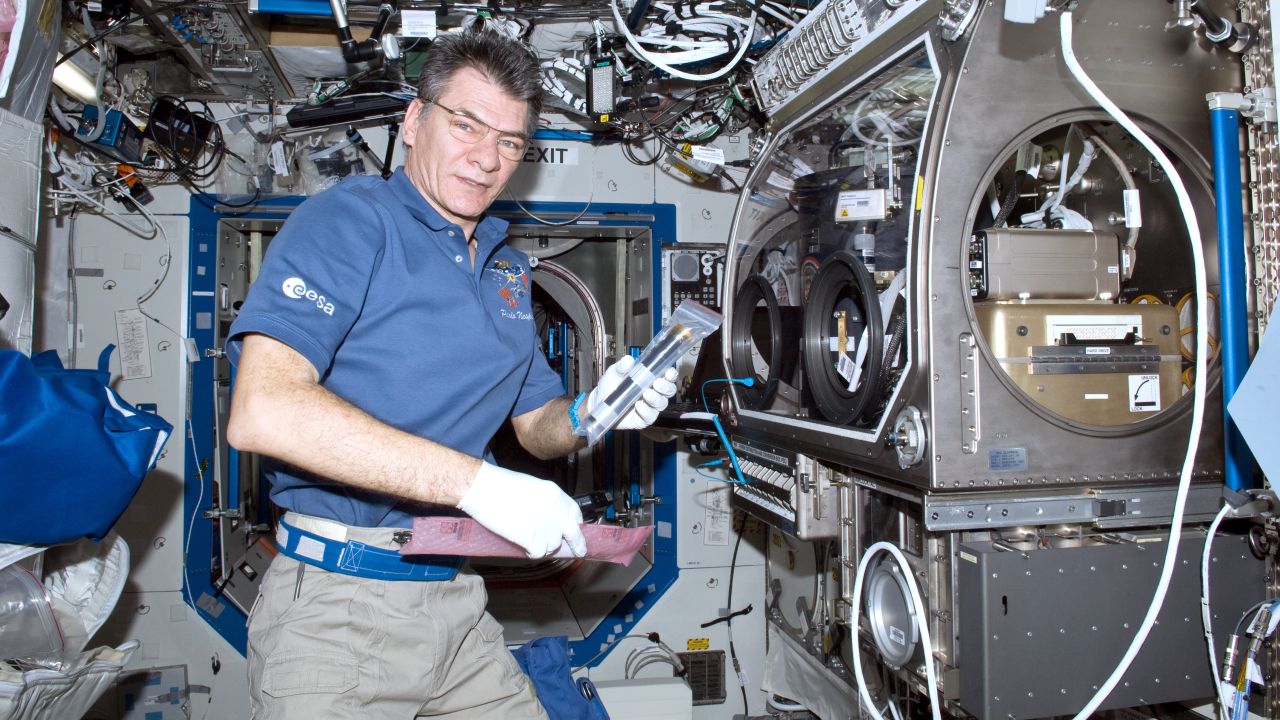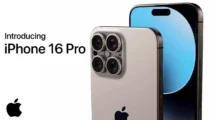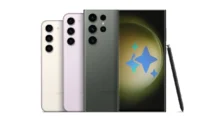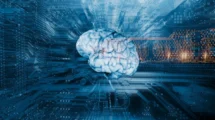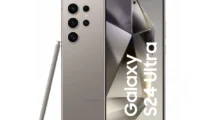NASA-backed researchers are examining brain structures as well as functions of the astronauts on the International Space Station (ISS). This is with an aim to comprehend how brain alters in space and ways to handle those changes.
Astronauts have had issues with balance as well as perceptual illusions in microgravity. The NASA-funded study is scrutinizing changes in brain function as well as its structure and evaluating the period to recover post returning from space. Researchers are leveraging both brain imaging and behavioral assessments.
For the purpose of the study, astronauts take timed obstacle courses and spatial memory tests. The latter is the capacity to imagine mentally and manipulate a three-dimensional figure pre and post-spaceflight.
The spatial memory test is also conducted on the ISS. There are also sensory motor adoption tests and computerized exercises, which involve the astronauts to move and think at the same time.
Astronauts are tested after arriving on the station, in the mid-period and at the end of the six-month mission. Structural as well as functional Magnetic Resonance Imaging (MRI) scans of the brain are conducted before the mission and also after the mission.
Rachael D Seidler, the leading investigator said that they were examining the volume of different structures of the brain. The objective was to find out whether they alter in size or shape during the space mission.
As per Seidler, both the brain imaging and the behavioral evaluation is vital to pinpoint the relationships between physical changes in the brain and these occurring in behavior. On our planet, the vestibular system informs us how our heads move about gravity.
However, there is no such gravity reference in space. This results in perceptual illusions as well as problem coordination movement of the head and eyes.
These issues may have major consequences for astronauts, particularly when shifting gravitational environments such as landing on another planet.
NASA said that results from the neuron mapping investigation would supply data on the brain’s capability to rewire and remodel in response to fresh stimuli.

